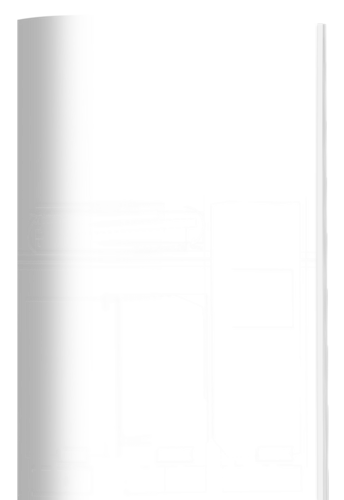All persons in charge at Pfizer recognize that compressed-air quality in the pharmaceutical production needs to be particularly high, as the compressed air comes into direct contact with the medicaments during coating, where tablets are provided with a protective film, and during blow-out processes at production machines for the in-process control. Contamination of the products with oil could have fatal consequences. In addition, breathing air needs to be provided in the Freiburg factory for special production sectors where hazardous substances are employed. There, the employees need to wear, similar to astronauts, protective suits which are fully impermeable and in which they are provided with breathing air.
Concerning the processing technology in all stations, Pfizer relies on adsorption dryers with pressure dew points of -40° C for compressed-air drying. To remove the oil vapor, oil-vapor adsorbers are employed by means of which a compressed-air quality for oil vapor can be achieved which is better than class 1 in accordance with DIN-ISO 8573-1, provided that the exchange intervals are adhered to. Until today, meeting the compressed-air quality requirements at Pfizer was ensured by taking samples at regular intervals with subsequent analysis of the latter in the laboratory.
During a consultation regarding the condensate technology subject BEKO TECHNOLOGIES, Pfizer´s compressed-air experts last summer also talked about processing, for which BEKO also offers comprehensive solutions. During the visitation of the stations and by analysis of the available technology, BEKO TECHNOLOGIES detected an improvement potential in the different compressed-air stations. In one of the stations, a complete system solution could thus be developed with the aim of bringing compressed-air processing to an increased process-safety level. In other stations, the condensate technology was analyzed in addition to the filter technology, and adjusted to the requirements.





